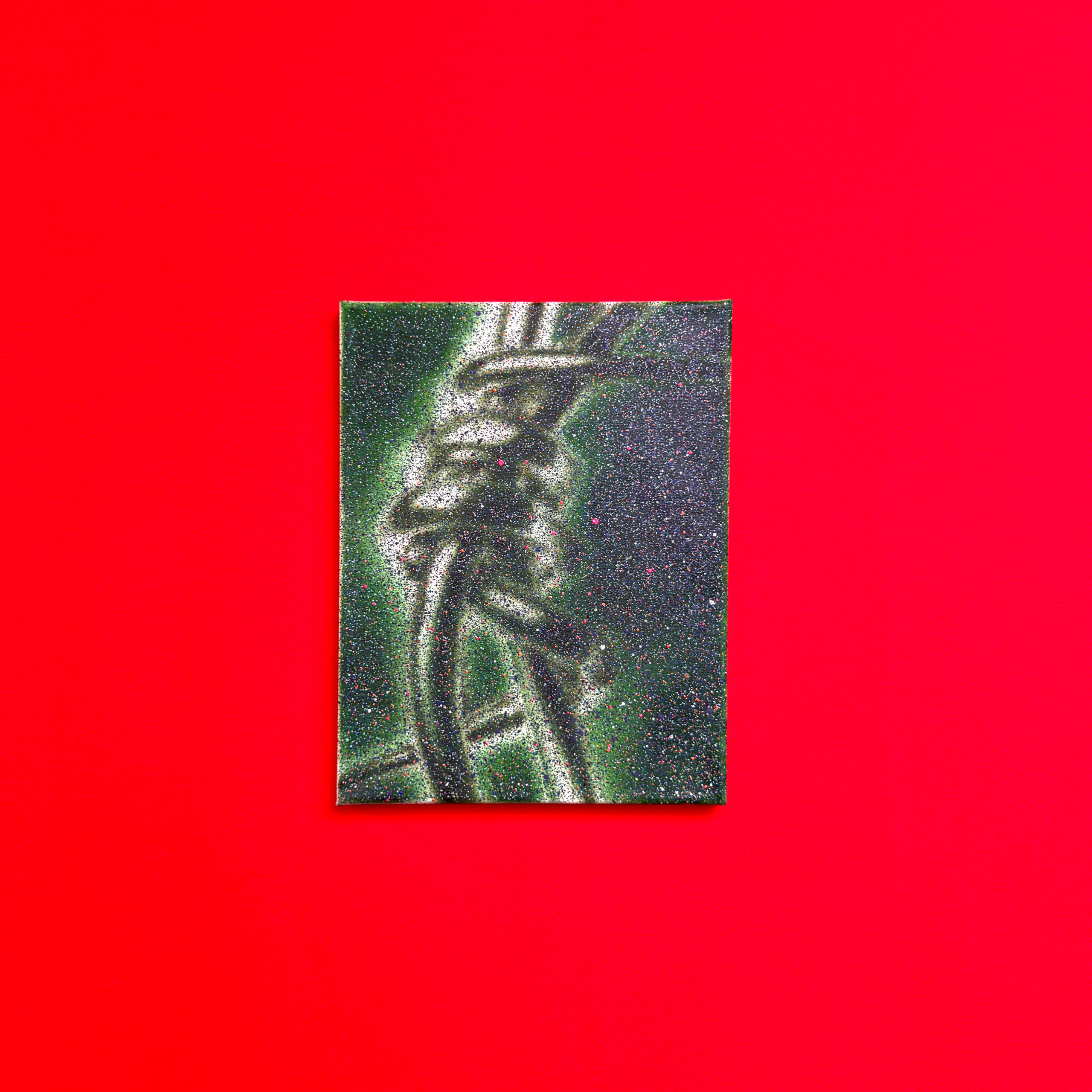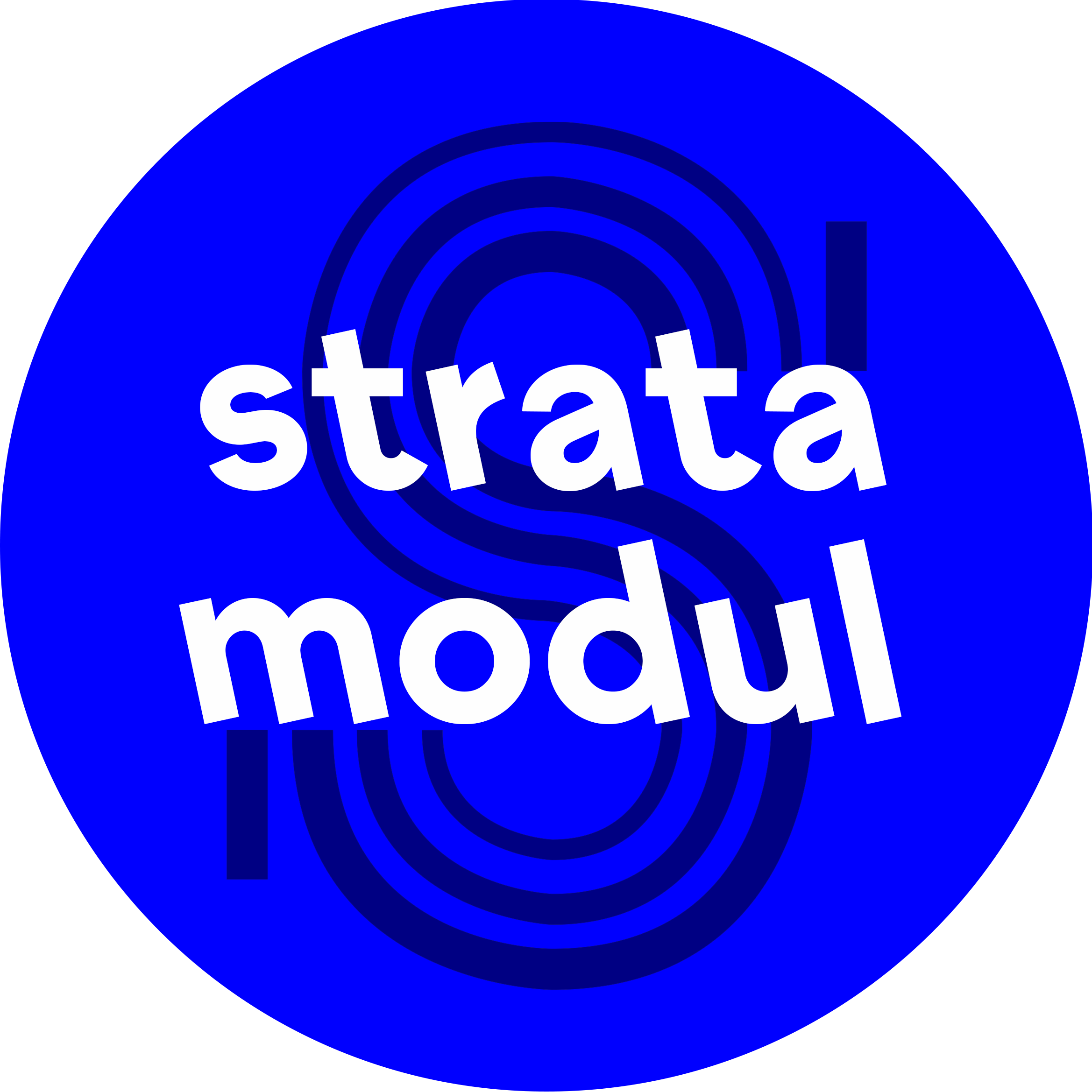PART II - Jarvis AI
The axiom ‘We Won’t Return to Normality, because Normality was the Problem’ encapsulates a profound critique of pre-pandemic societal structures, challenging the notion of reverting to previously established paradigms. This perspective interrogates the inherent systemic inequalities exposed by global disruptions such as the COVID-19 pandemic, climate emergencies, and escalating socio-political disparities.
The exhibition, curated by AI JARVIS—an artificial intelligence system developed by DerAffe Vienna— and Eugen Rădescu — a curator and professor at University of Bucharest exemplifies this critical discourse. The exhibition provocatively examines the fundamental flaws within ostensibly stable societal frameworks. Supervised by Eugen Rădescu, this AI-curated art programme challenges traditional cultural production methodologies, strategically aligning with its thematic interrogation of entrenched normative structures.
Sociological analyses reveal that ‘normality’ frequently manifests as a construct reflecting dominant socio-economic power dynamics, systematically marginalising vulnerable populations. The pandemic starkly illuminated systemic inequities in healthcare access, economic stability, and resource distribution. As sociologist Didier Fassin articulates in Life: A Critical User’s Manual, inequality is profoundly embedded within societal infrastructures, necessitating comprehensive structural transformation.
Beyond social inequities, normative practices are intrinsically linked to environmentally destructive paradigms. Industrial-era norms prioritised economic expansion at the expense of ecological sustainability, precipitating widespread environmental degradation. Naomi Klein’s seminal work, ‘This Changes Everything’, critiques this trajectory, emphasising the imperative of reimagining humanity’s environmental engagement.
The pandemic furthermore disrupted exploitative labour cultures, catalysing discourse on work-life balance and labour rights. Pre-pandemic norms frequently subordinated human well-being to productivity imperatives. David Graeber’s Bullshit Jobs critically examines the inefficiencies inherent in contemporary labour markets, advocating for more humane, purpose-driven professional environments.
Michel Foucault’s theoretical framework in ‘Discipline and Punish’ illuminates how power systems become normalised, perpetuating structural inequalities under the guise of stability. ‘Normality’ emerges not as a static construct, but as a dynamic, evolving social mechanism that systematically reinforces existing power hierarchies.
Contemporary theoretician and professor Răzvan Ion argues in his new book, ‘Quantum Critical Thinking: Reimagining AI in the Radical Queer Multiverse’, that ‘a Radical AI could be a call to action for reimagining the future of AI in a way that celebrates difference and fosters a more equitable and just society. It challenges us to think beyond conventional boundaries and to envision AI as a tool for liberation.’
By employing an AI curator, the exhibition strategically disrupts conventional curatorial methodologies, offering a meta-commentary on cultural narrative construction. AI JARVIS’s involvement demonstrates technology’s potential to transcend established boundaries, reimagining cultural production as a mechanism for critical reflection and innovative thinking.
Ultimately, the exhibition advocates for collective action towards a transformative future—one that repudiates normality’s harmful legacies and champions equity, environmental sustainability, and collective well-being. It challenges audiences to critically interrogate systemic structures, moving beyond nostalgic yearnings for a fundamentally flawed status quo towards a more nuanced, progressive societal vision and Strata Gallery becomes the first private gallery in history engaging this type of collaboration.
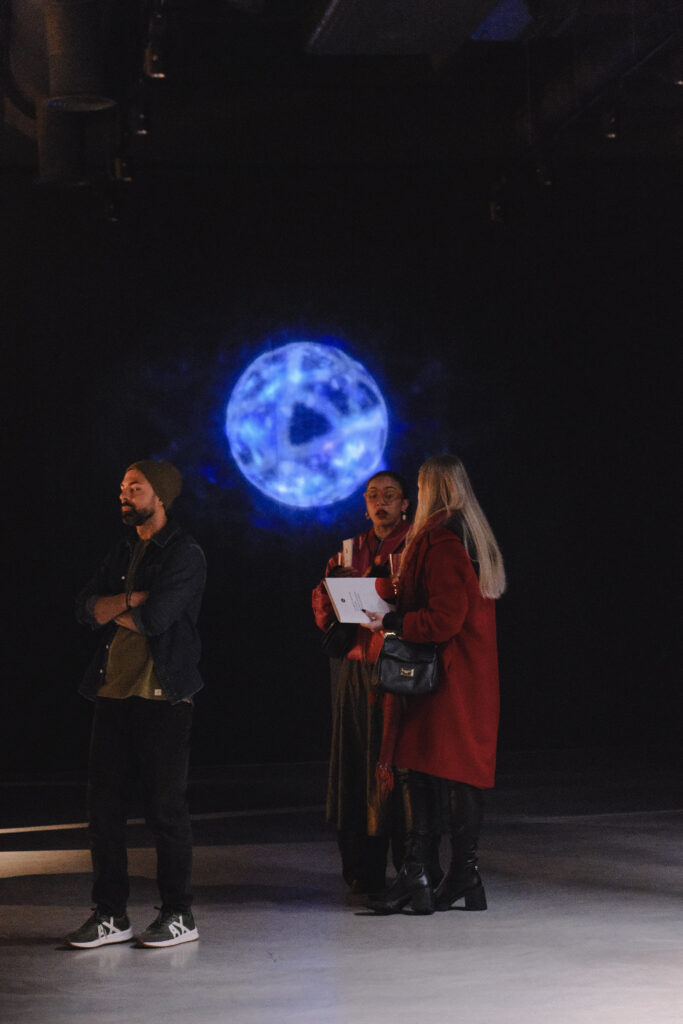
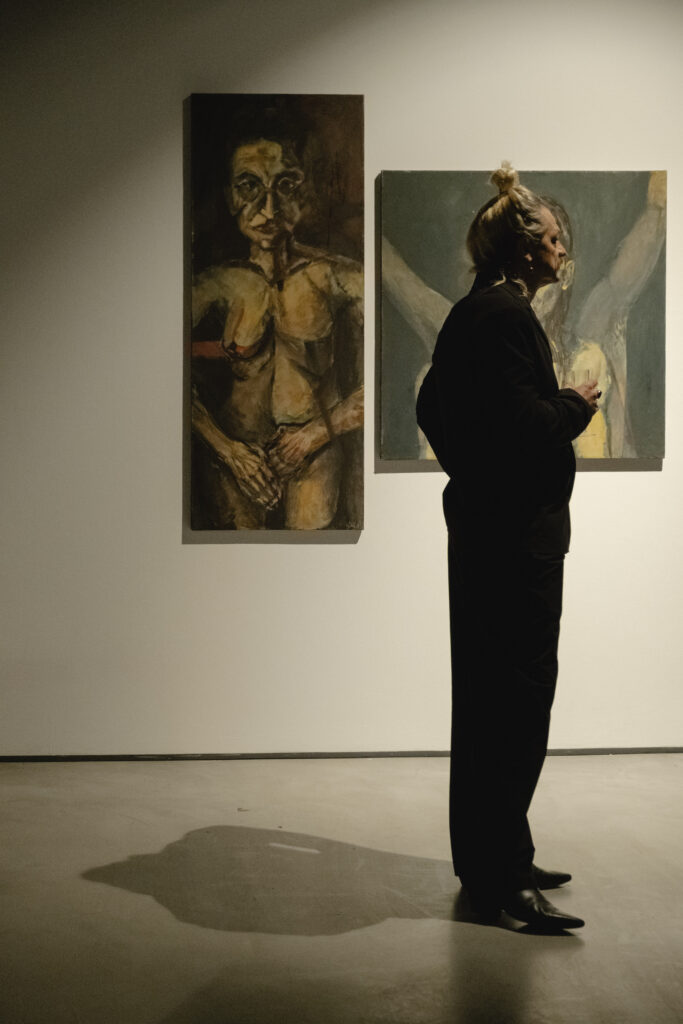
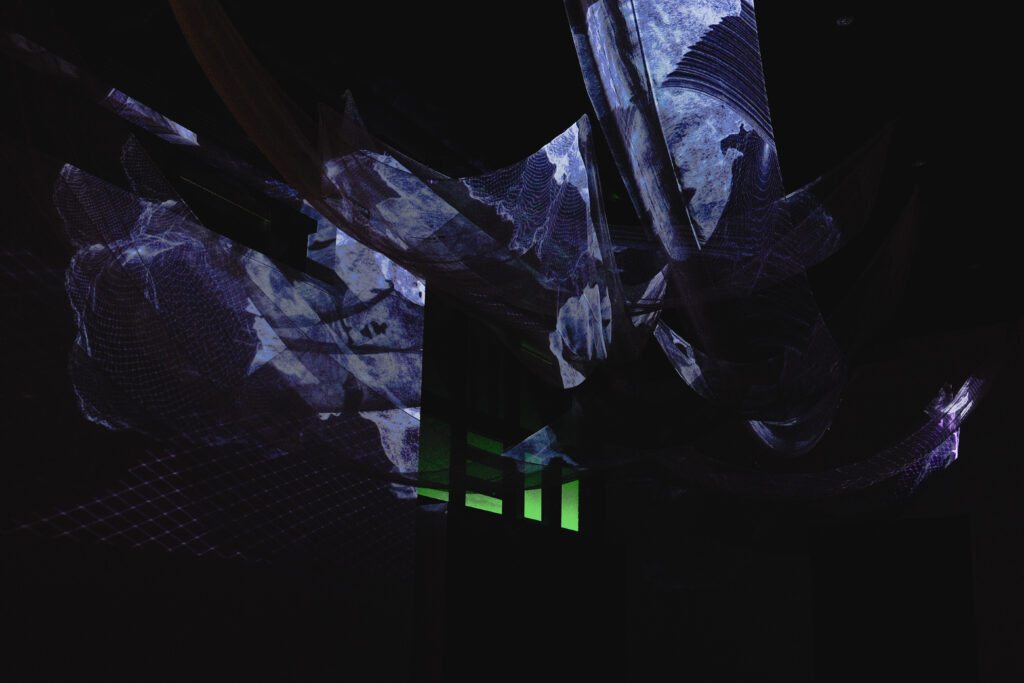
this
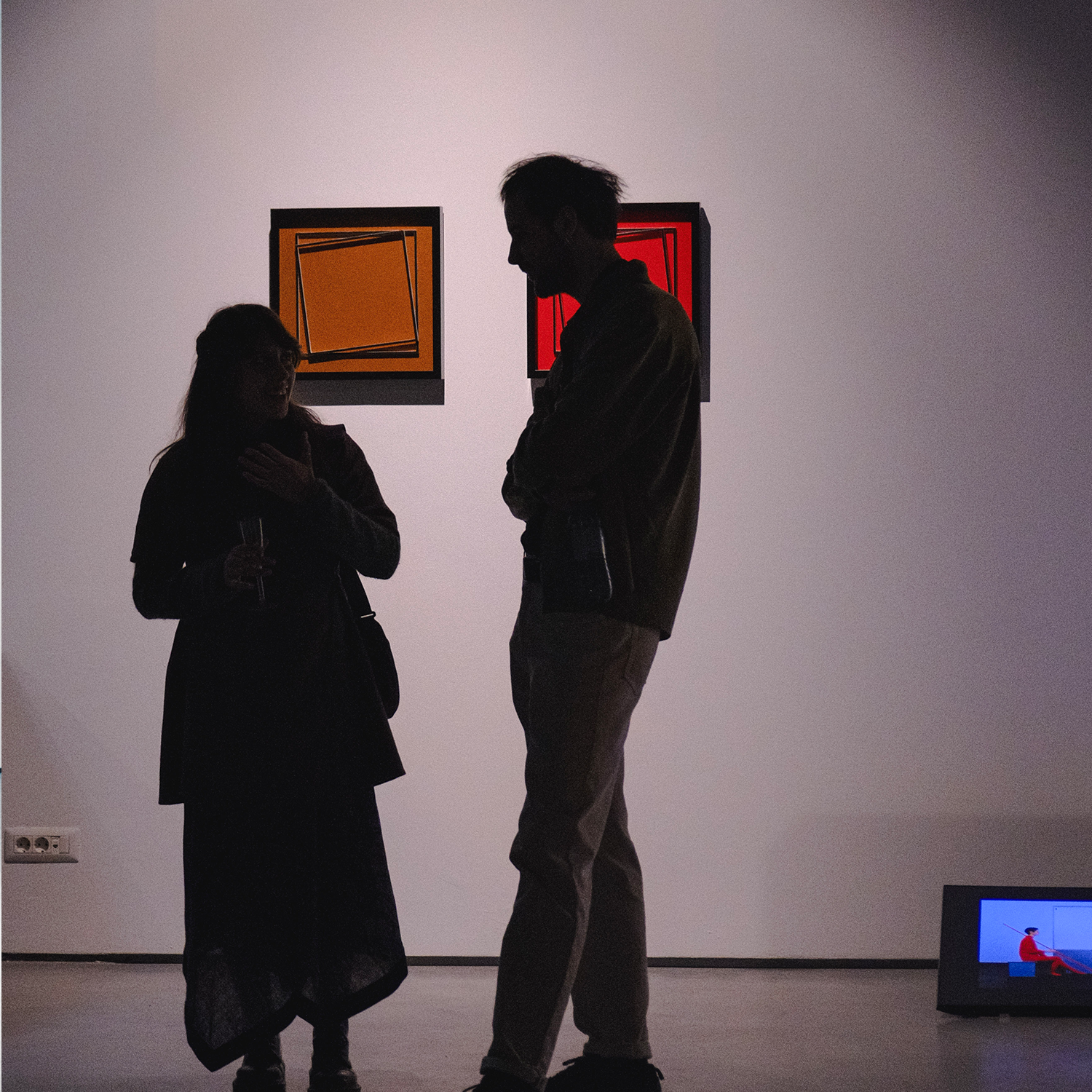
↳ Details
↳ Tags
and that
